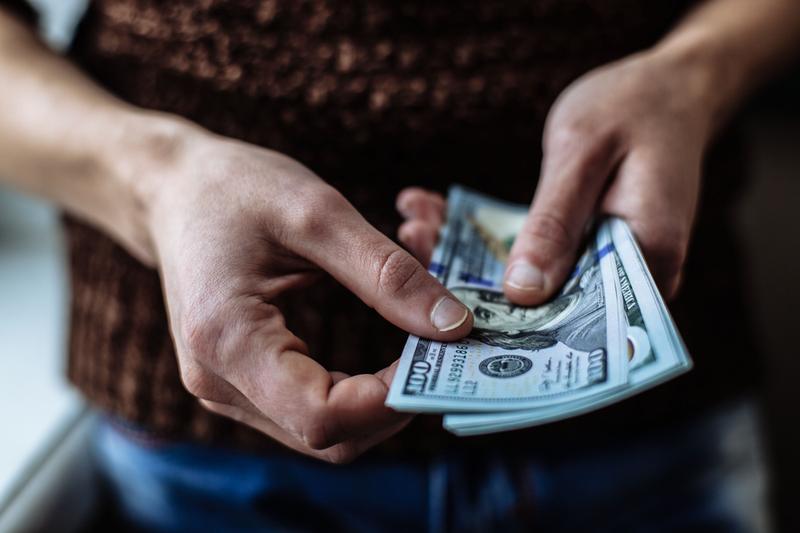
New Jersey is banning cashless stores and restaurants. Gov. Phil Murphy signed a bill into law Monday that makes it illegal to run a cashless store in the Garden State.
Supporters of the bill say allowing businesses to refuse cash payments is discriminatory.
"This idea of 'we don't want to accept cash' just marginalizes the poor, young people who haven't established credit yet, people who prefer to pay in cash," Assemblyman Paul Moriarty, a Democrat and primary sponsor of the bill, told WNYC.
"And then there's those who don't want every aspect of their life recorded, stored and monetized by credit card companies, right down to the purchase of a stick of gum," he said.
Shops could face up to a $2,500 fine for the first offense; up to $5,000 for a second offense; and any following offenses would be subject to more punitive fines under the Consumer Fraud Act, Moriarty said. The law makes exceptions for online transactions or sales made through the mail or over the phone.
Members of the business community have criticized the ban, saying many establishments choose to go cashless in order to be more efficient or as a safety measure.
"Consumers of all income levels are able to access prepaid cards for purchasing." Michael Wallace, vice president of government affairs for the New Jersey Business and Industry Association, said in a statement. "As such, this law will ultimately stifle innovation and act as a further deterrent to doing business in New Jersey."
New Jersey is the second state to ban cashless retailers; Massachusetts has had a law since 1978 requiring establishments to accept cash payments.
Earlier this month, Philadelphia became the first major city to ban cashless stores. The New York City Council is currently considering a similar ban.
